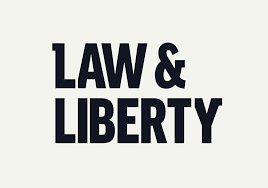Teaching Eloquence
- Oct 16, 2024
- 1 min read
As Election Day approaches, I’ve been listening, though as little as possible, to our candidates for public office giving their standard speeches on their standard issues. These, frankly, are boring. The crowds may respond with (apparently) spontaneous enthusiasm and even excitement, but the words being spoken are more or less boilerplate, what the French call langue de bois, or xyloglossie, wooden language.
There are different varieties of wooden speech. The official state language of North Korea is one; the dictator Kim Jong Il spoke like a native. It causes acute discomfort in anyone accustomed to thinking of speech as a vehicle of truth. There also is what the British call “bafflegab,” language designed not to be understood, like an insurance policy, or pretentious bureaucratic language designed to conceal vacuity of thought. This sort of verbiage can now be machine-generated to suit the needs of, for example, DEI bureaucracies, without passing through a human mind, like the computer in John Searles’ “Chinese room.” Then there is the language most of our politicians speak, the manufacture of focus groups and polls, designed to hit hot buttons and bring voters out on Election Day (or, these days, Election Season). I refer here to the language used by the minority of politicians who are capable of avoiding word salads and speaking in a disciplined way, which in America means speaking in complete sentences…
